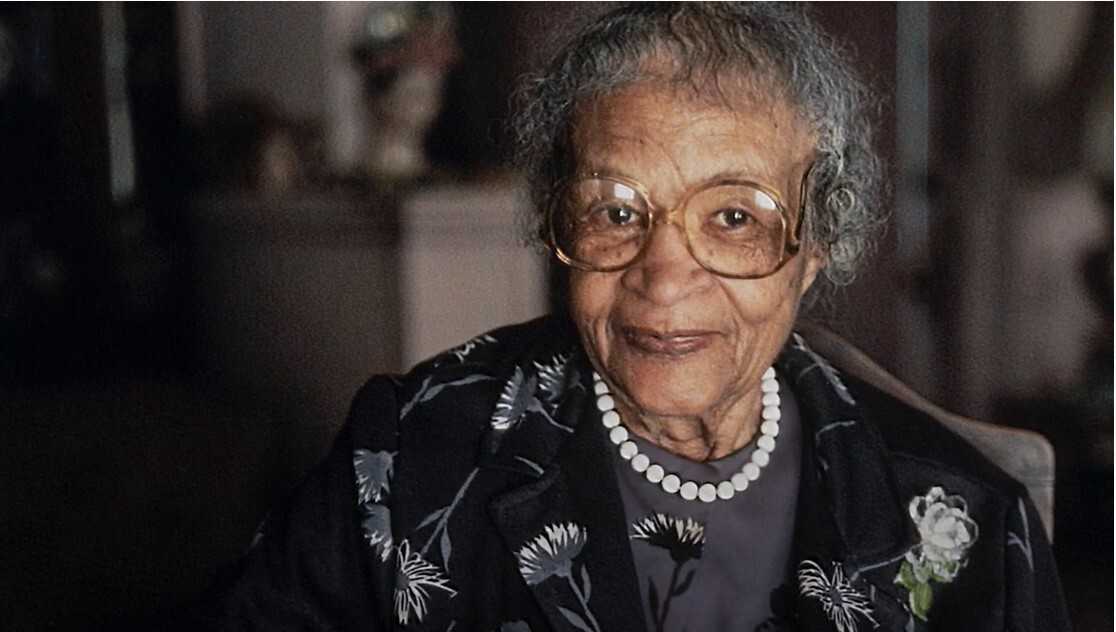"Don't Buy Where You Can't Work"
“Don’t Buy Where You Can’t Work” campaigns of the 1930s used effective direct-action tactics, such as boycotts and picketing.
Strategies for Fairness
Negro Labor Relations League demonstration, Chicago, 1941
During the 1930s, Black activists organized protests in various cities against white storeowners who operated in Black neighborhoods but refused to employ Black workers. The “Don’t Buy Where You Can’t Work” campaigns were credited with creating thousands of new jobs for African Americans during the Depression. They also demonstrated the effectiveness of direct-action tactics, such as boycotts and picketing, which would later become prevalent during the Civil Rights Movement.
Featured Video
“We Decided to Picket”
This video features an interview with Frances Mary Albrier (1898–1987), a community activist who helped organize “Don’t Buy Where You Can’t Work” protests in Berkeley, California, during the Depression.
It was a time when the people were beginning to wake up and think for themselves, how they were being exploited and how they were being used in their community, even to their buying power.
Frances Mary Albrier
Buy Black
In November of 2021, the Black Lives Matter organization launched its #BlackXmas campaign to encourage supporters to spend their money intentionally and support businesses and organizations that directly serve Black communities.
The non-profit, Buy from a Black Woman, provides an online directory of Black woman-owned businesses.
Established independently through a Kickstarter campaign in 2015, We Buy Black is an e-commerce platform that is a marketplace for everyday products made or sold by Black businesses.
African Americans continually seek ways to encourage Black economic empowerment as a means of strengthening Black communities and encouraging civic engagement. A variety of initiatives to bolster Black economic empowerment exist today. For instance, Black Business Month, founded by two entrepreneurs, was created in 2004 to celebrate, acknowledge, and increase awareness about Black-owned businesses. Corporations are increasingly paying attention to Black economic empowerment initiatives and incorporating programs and practices designed to help Black businesses. Innovators are drawing attention to brick-and-mortar marketplaces while also developing new modes of connection, such as creating apps that help consumers find businesses and products owned or made by African Americans.
The goal of the various "Buy Black" initiatives is to build up Black economic power and thereby strengthen Black communities.
